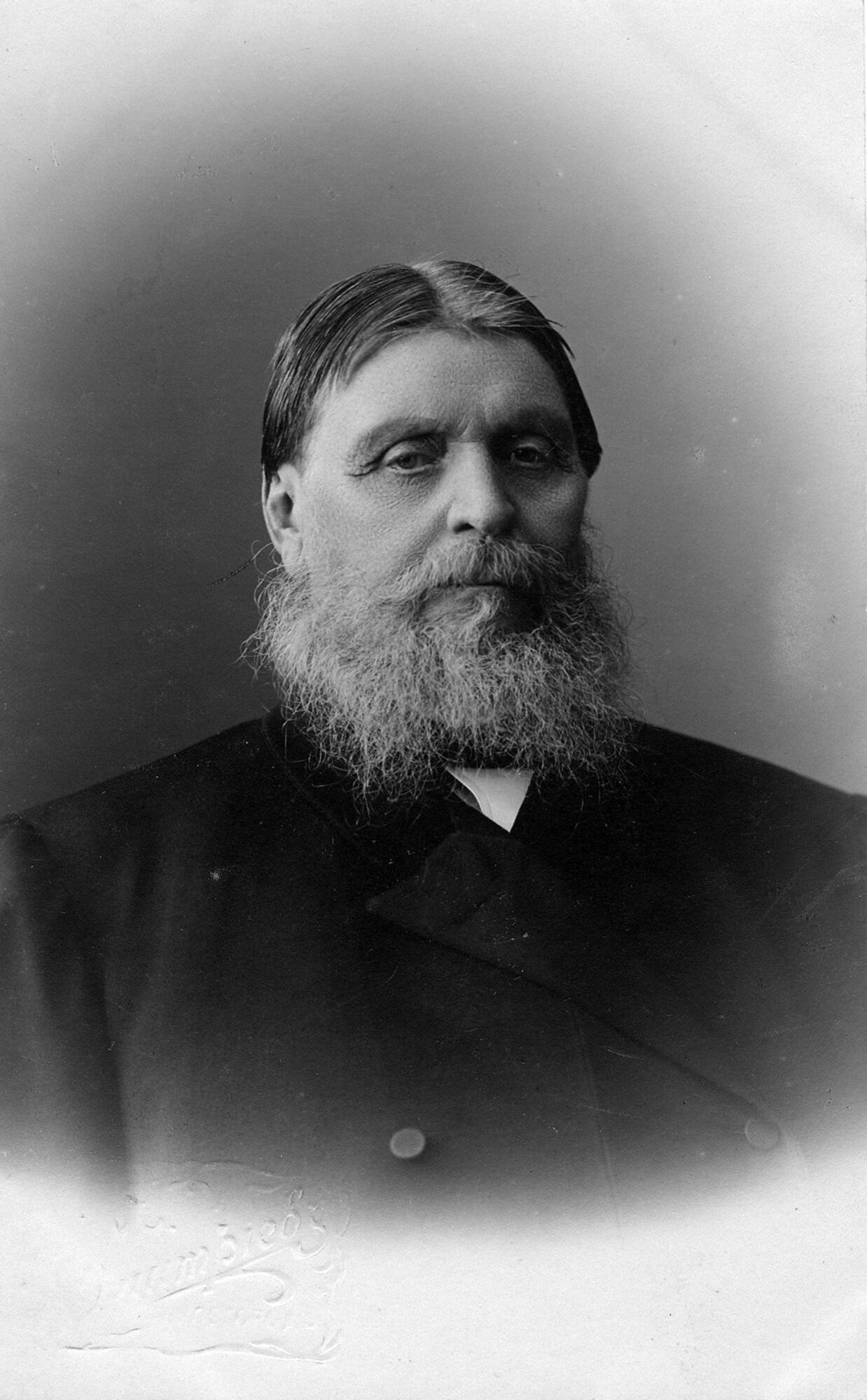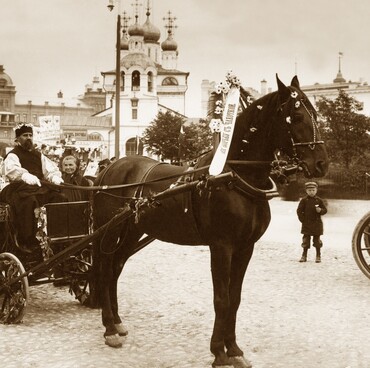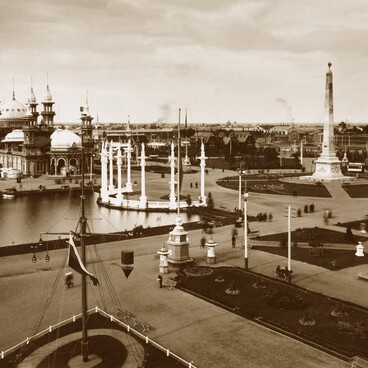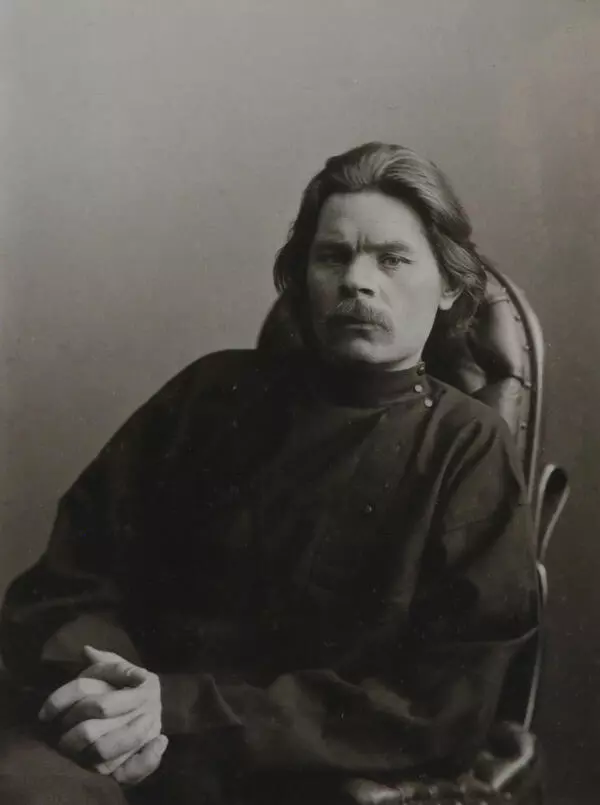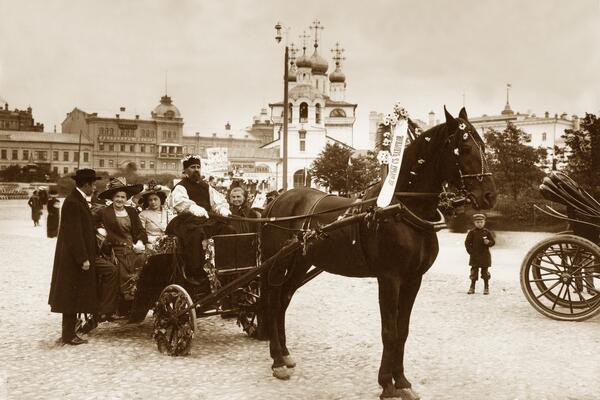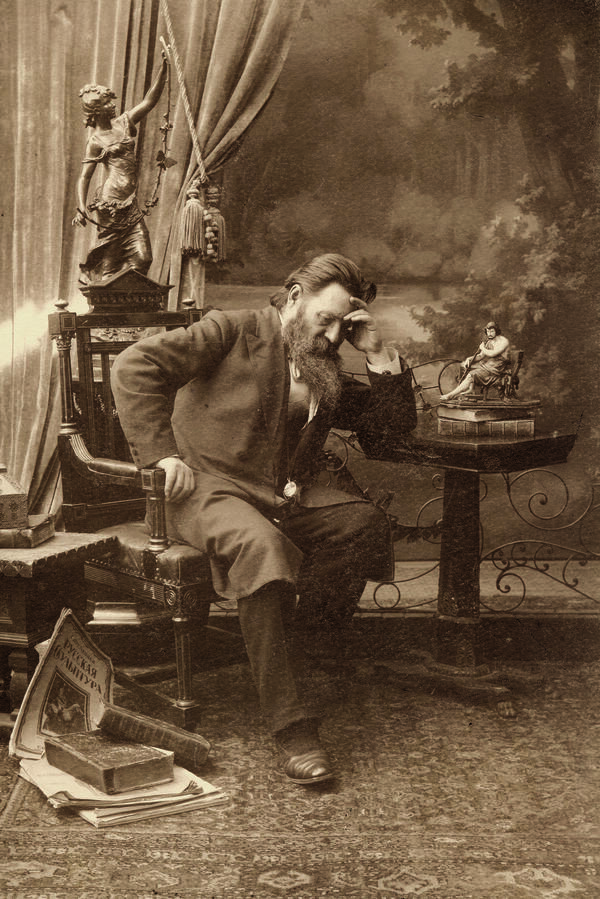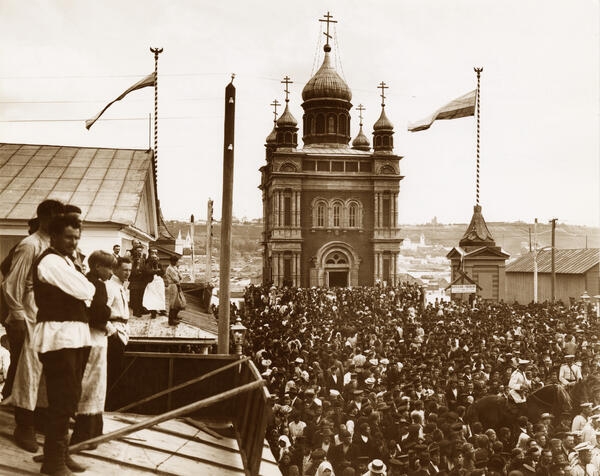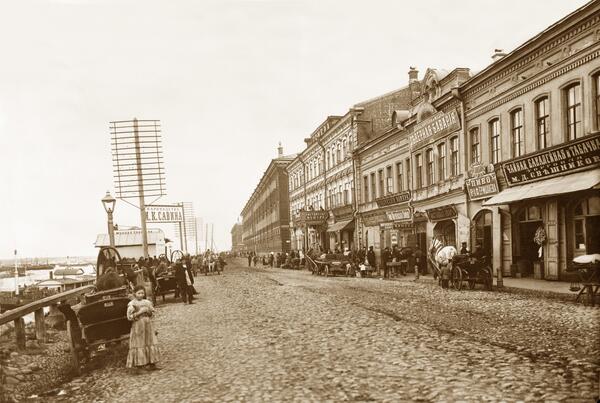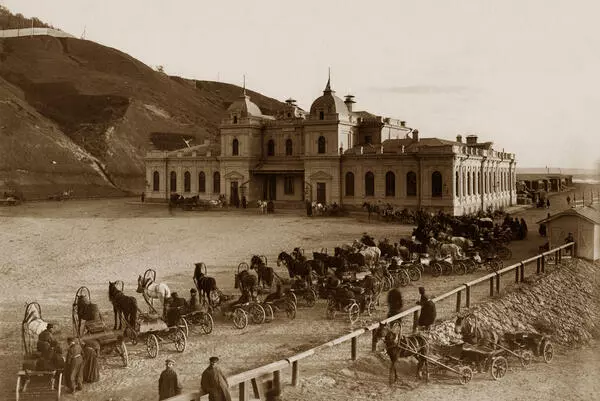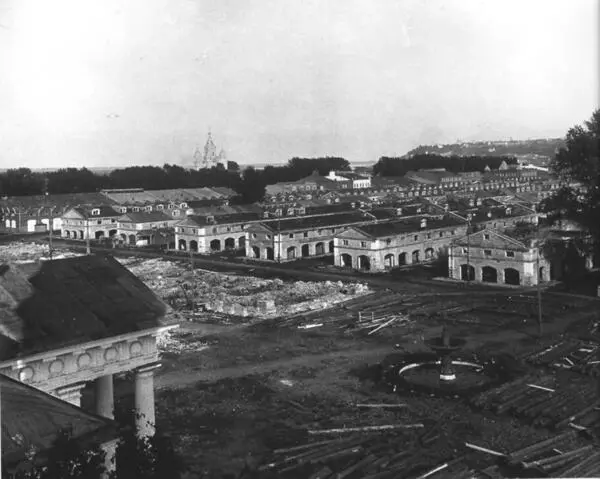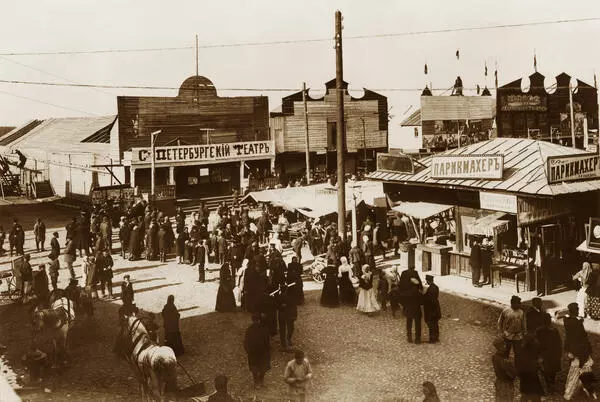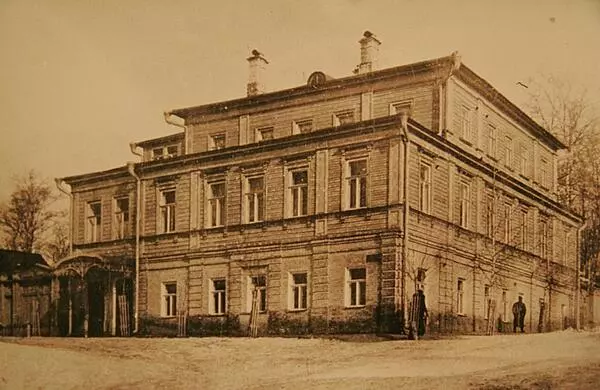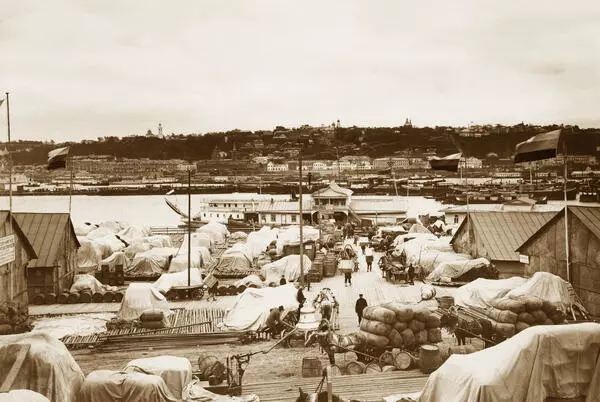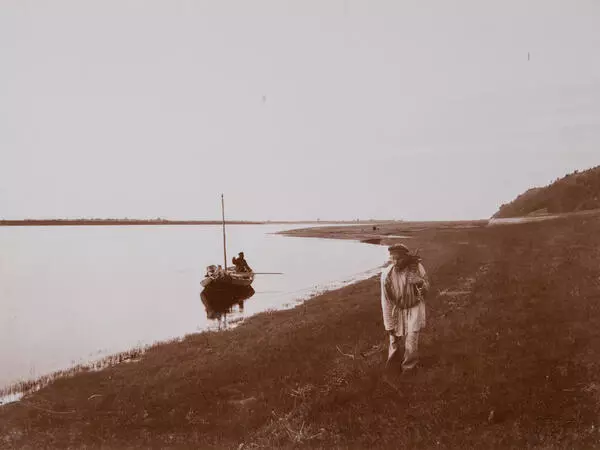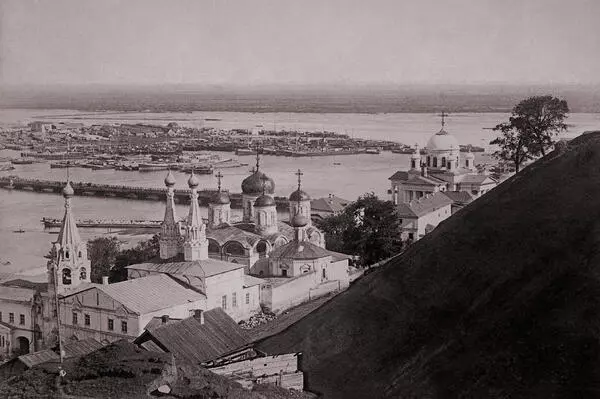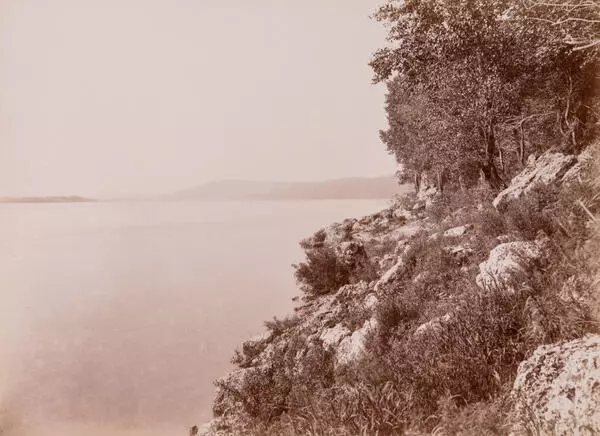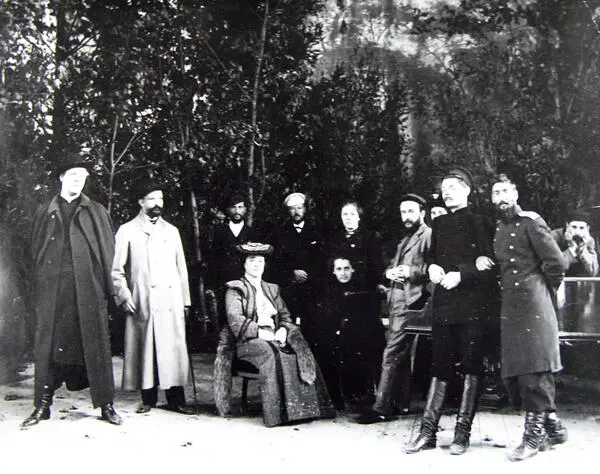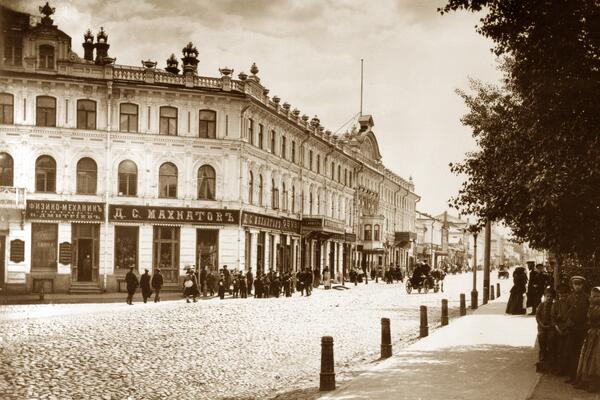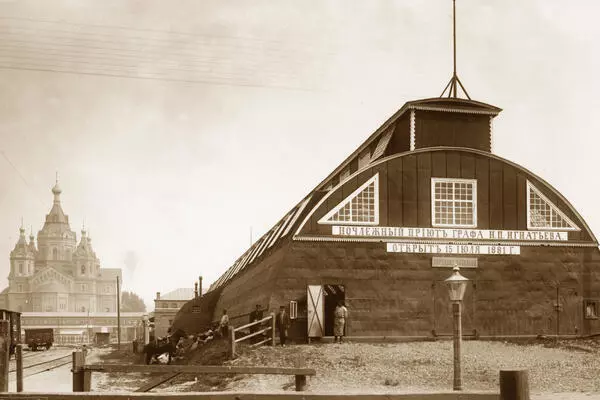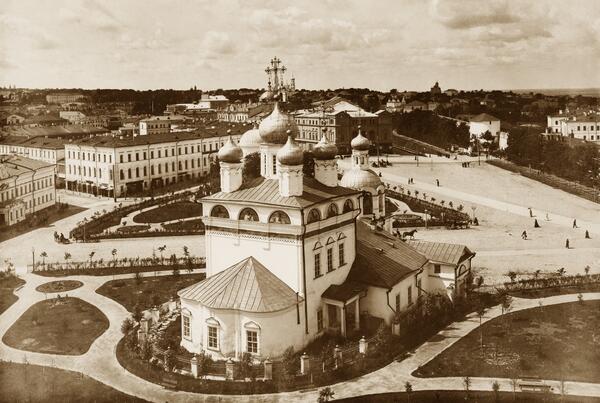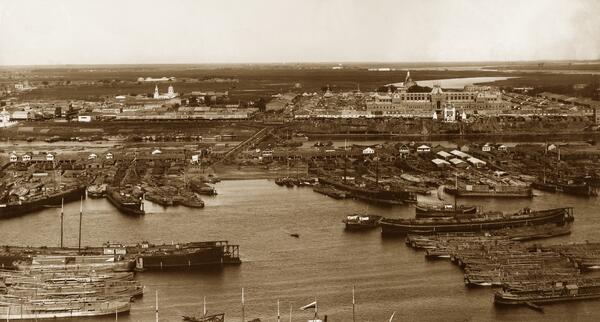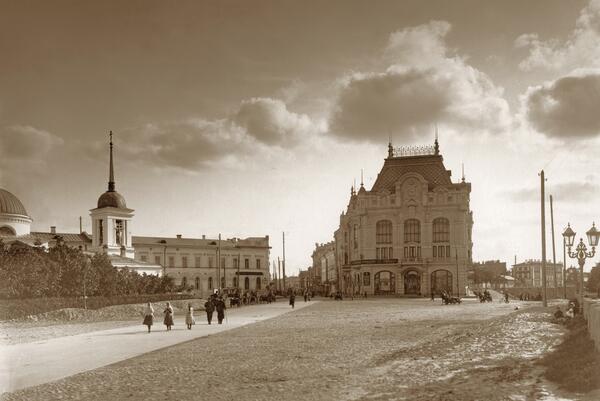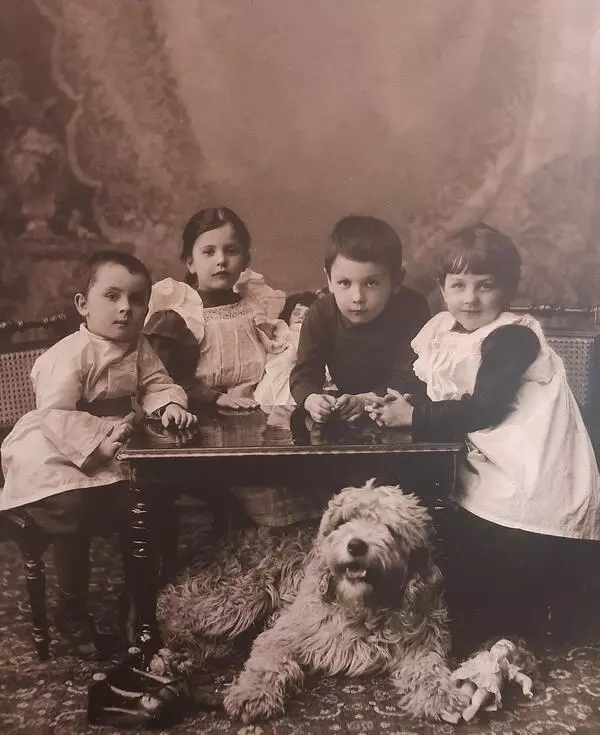Nikolay Alexandrovich Bugrov was the biggest industrialist of Nizhny Novgorod in the 19th — 20th centuries. He was a first-guild merchant and an Old Believer and had four orders of the Russian Empire. In 1881, he was awarded the high title of an honorary citizen of Nizhny Novgorod. The writer Maxim Gorky jokingly called Bugrov “the appanage prince of Nizhny Novgorod.”
His father Alexander Petrovich Bugrov was a generous philanthropist. Nikolay Bugrov continued his father’s work. His charitable nature made him famous far beyond the borders of Nizhny Novgorod. It was at his expense that the first central sewerage system and the first water pipeline were installed. Together with merchant Blinov, he established the Widow House, which provided shelter to women and their children. Nowadays, there is a small monument to Nikolay Bugrov on Lyadov Square, just in front of the former Widow House.
Bugrov donated large sums to schools, almshouses and hospitals. He built a revenue house, and all the proceeds went “annually, for ever, to fire victims from the Semyonovsky Uyezd” (the district from which the Bugrov family came). In that same district, Bugrov established a scholarship for “a peasant boy with outstanding abilities”. The scholarship was paid regularly.
On the anniversary of his father’s death, Bugrov organized the so-called memorial meals for beggars. A simple treat of bread and kvass was given to everyone who attended. In 1880, in memory of his father, Nikolay Alexandrovich Bugrov built a shelter for the homeless, where they could stay for a night for five kopecks. The ownership of the homeless shelter was transferred to the city. Unfortunately, Alexander Bugrov did not live to see the opening of the homeless shelter, and the place was named “Alexander Bugrov Homeless Shelter” in his honor.
Nikolay Bugrov died in 1911 at the age of 74.
Everybody gathered to pay their respects to the Nizhny Novgorod philanthropist.
Many people were sincerely grieved by his passing, and steamers sounded their
horns in his honor. Bugrov’s work continued even after his death: he left instructions in his
will to spend half of the income from his businesses on charity.
